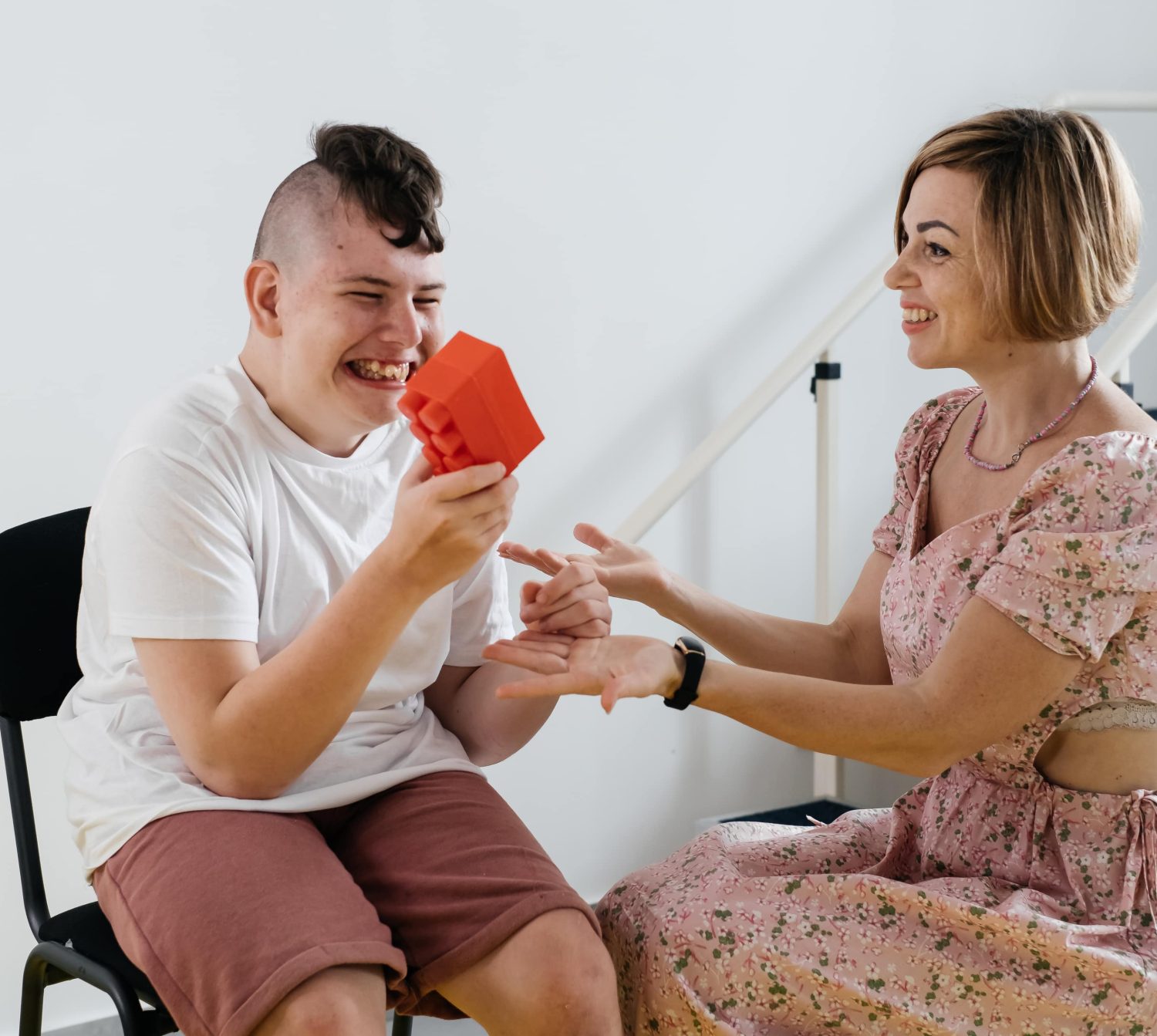Social Services and Well-being (Wales) Act 2014
The social services and well-being (Wales) Act came into effect on 6th April 2016. This law exists to improve the well-being of people in Wales, particularly those who need care and support and carers who need support. What is well-being? The act explains well-being as:
- Being aware of your rights and what they mean for you
- Being healthy
- Being protected from abuse harm and neglect
- Having access to employment, education, training, sports and leisure
- Having positive relationship with family and friends
- Being part of a community
- Having a social life
- Having a safe and secure home.
There are several rights included in the Act that are important for carers to know and understand. These rights are the same for all carers, whether you are a child, a young person or an adult.
- The right to Well-being – Your local authority, local health board and Welsh Ministers MUST promote the well-being of people who need care and support, and carers who need support.
- The right to have information, advice and assistance. – Your local authority MUST provide information, advice and assistance about support services so you can find and access them.
- The right to an assessment if your needs cannot be met by information and advice. – Your local authority MUST carry out a carers’ needs assessment for carers, who may need support. This assessment is to find out what help you need. Your right to an assessment is not affected by how much money you have, but you may be asked to contribute to the cost of your support.
- The right to have you voice heard and have control over decisions about your support. – During your assessment your local authority MUST ask you what matters to you as a carer, or a young carer. You MUST be involved in all decisions about you support. If you would like, you can choose to have a friend or family member by your side to help you. Some local authorities may combine a carers’ needs assessment with an assessment for the person being cared for. This can only be done if you give your consent.
- The right to advocacy – If you are unable to fully take part in discussions yourself, an advocate is someone who can help make your voice heard when decisions are made about you support. An Independent advocate must be arranged if you are unable to speak up for yourself or do not have someone to support you to express your views, wishes and feelings.
Useful Contacts
The Care Collective Hubs
The Cardiff and Vale Hub
Telephone: 02921 921024
(Areas: Cardiff, Vale of Glamorgan, Barry)
The Gwent Hub
Telephone: 01495 367564
(Areas: Blaenau Gwent, Caerphilly, Monmouthshire, Newport, Torfaen)
Local Authorities
Find your local authority to contact.
Carers Wales
Provides advice and information to carers and the professionals who support carers.
Advice line – Mon-Fri 9-6pm: 0808 808 7777
All Wales Forum
Provides a national voice to empower parents and carers of people with learning disabilities.
029 2081 1120
Children’s Commissioner for Wales
Protects and promotes the rights of children throughout Wales.
01792 765600
Age Cymru
Information and advice for matters affecting over 50’s in Wales.
0300 3034498
Older People’s Commissioner for Wales
Protects and promotes the rights of older people throughout Wales.
03442 640670 / 02920 445030

